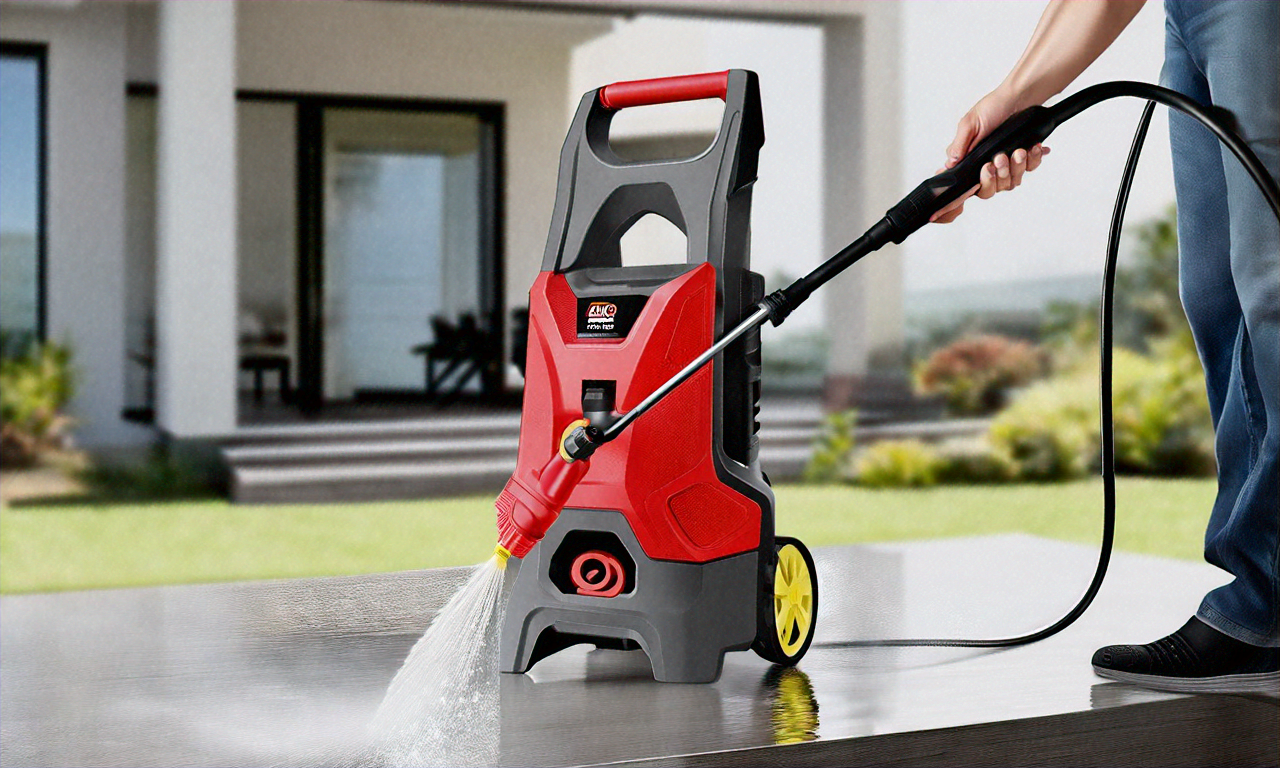Resin Outdoor Flooring: The Ultimate Guide for UK Homes
Resin outdoor flooring has become increasingly popular among UK homeowners seeking durable, weather-resistant surfaces for their outdoor spaces. This versatile flooring solution offers exceptional performance against Britain's unpredictable climate while providing an attractive, low-maintenance alternative to traditional paving materials. Whether you're considering upgrading your patio, driveway, or garden paths, understanding the benefits and installation process of resin flooring will help you make an informed decision for your property.

What Makes Resin Outdoor Flooring Perfect for UK Homes and Gardens?
Resin outdoor flooring installation for UK homes and gardens has gained momentum due to its exceptional adaptability to local conditions. The non-porous surface prevents water penetration, making it ideal for areas prone to heavy rainfall and frost. Unlike concrete or natural stone, resin surfaces remain stable during freeze-thaw cycles, preventing cracking and structural damage common with traditional materials.
The seamless finish eliminates joints where weeds typically grow, creating a clean, professional appearance that complements both modern and traditional British home designs. Additionally, resin flooring can be applied over existing surfaces, reducing installation costs and minimising disruption to your outdoor space.
Top Benefits of Resin Flooring for Patios, Paths and Driveways
The advantages of resin flooring extend far beyond weather resistance. Its slip-resistant properties make it safer for family use, particularly important around swimming pools or frequently wet areas. The material’s flexibility prevents cracking under vehicle weight, making it perfect for driveways and high-traffic zones.
Resin surfaces offer excellent drainage capabilities through permeable options, helping manage surface water runoff while meeting sustainable drainage requirements. The variety of colours and finishes available allows homeowners to customise their outdoor spaces, from natural stone effects to contemporary solid colours that enhance property aesthetics.
How to Choose the Right Resin Type for British Weather
Selecting appropriate resin for British weather conditions requires understanding the different formulations available. Polyurethane resins offer superior UV stability, preventing colour fading during summer months while maintaining flexibility in cold temperatures. Epoxy resins provide excellent durability but may require UV-stable topcoats for optimal performance.
For areas experiencing significant temperature fluctuations, flexible resin systems accommodate expansion and contraction without compromising surface integrity. Consider your location’s specific climate challenges – coastal properties may benefit from resins with enhanced salt resistance, while inland areas might prioritise freeze-thaw stability.
Installation and Maintenance Tips for Long-Lasting Resin Surfaces
Professional installation ensures optimal performance and longevity of resin surfaces. The substrate must be properly prepared, cleaned, and primed before application. Weather conditions during installation are crucial – avoid application during rain, extreme temperatures, or high humidity periods.
Regular maintenance involves simple cleaning with mild detergent and water. Annual inspections help identify minor issues before they become significant problems. While resin surfaces are highly durable, addressing small chips or scratches promptly prevents water ingress and extends surface life. Professional resealing every 3-5 years maintains appearance and protective properties.
Why Resin Is an Eco-Friendly Outdoor Flooring Choice in the UK
Eco-friendly outdoor flooring options are increasingly important for environmentally conscious homeowners. Resin flooring supports sustainability through several key features. Permeable resin systems reduce surface water runoff, supporting natural drainage and reducing strain on local water management systems.
The longevity of resin surfaces means fewer replacements over time, reducing material waste and environmental impact. Many resin products incorporate recycled materials, further supporting circular economy principles. Additionally, the ability to apply resin over existing surfaces eliminates demolition waste typically associated with complete surface replacement.
Cost Considerations for Resin Flooring Installation
Understanding the investment required for resin flooring helps homeowners budget effectively. Installation costs vary significantly based on area size, surface preparation requirements, and chosen resin type.
| Surface Type | Cost per m² | Installation Complexity | Expected Lifespan |
|---|---|---|---|
| Basic Resin Bound | £45-65 | Moderate | 12-15 years |
| Premium Resin Bound | £65-85 | Moderate | 15-20 years |
| Resin Bonded | £35-55 | Standard | 8-12 years |
| Decorative Resin | £75-120 | High | 15-25 years |
Prices, rates, or cost estimates mentioned in this article are based on the latest available information but may change over time. Independent research is advised before making financial decisions.
Additional costs may include surface preparation, which can range from £10-30 per m² depending on existing conditions. While initial investment may seem substantial, the longevity and low maintenance requirements often provide better long-term value compared to traditional materials requiring regular replacement or extensive maintenance.
Resin outdoor flooring represents an excellent investment for UK homeowners seeking durable, attractive, and environmentally responsible surface solutions. By understanding the various options available and working with experienced installers, you can create beautiful outdoor spaces that withstand British weather conditions while enhancing your property’s value and appeal. The combination of practical benefits, aesthetic flexibility, and environmental considerations makes resin flooring an increasingly popular choice for discerning homeowners across the UK.



